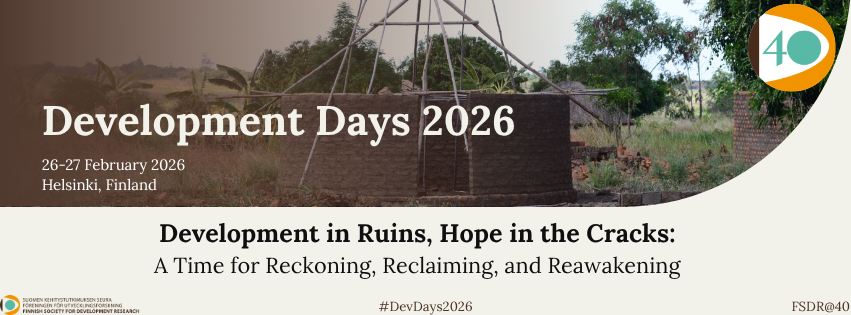Coordinators:
- Edemilson Paraná (LUT University)
- Rodrigo Santaella Gonçalves (LUT University) – rodrigo.santaella.goncalves@lut.fi
Description
This working group explores the so-called green–digital (or “twin”) transition from a critical political-economic perspective. Current discussions on the twin transition often oscillate between an optimistic view that highlights the potential of digitalisation to enable and accelerate decarbonisation, and a critical view that typically remains confined to case-specific analyses or to rebound effects (e.g. energy efficiency), leaving broader questions of power, class relations, and geopolitics under-examined.
We welcome contributions situated anywhere along this spectrum but are particularly interested in critical and conflict-oriented perspectives on how digitalisation and decarbonisation are reshaping contemporary capitalism. We especially encourage work drawing on critical data studies, critical social theory, political economy, heterodox economics, emphasising questions of class, labour, value, control, and resistance.
The working group invites theoretical and empirical papers that engage, for example, with:
- How EU and national policy frameworks construct and operationalise the “twin transition”: what political-economic logics, growth models, and imaginaries underpin them?
- The roles of digital infrastructures, platforms, AI systems, and data governance regimes in structuring the green transition and reorganising labour–capital relations.
- The geopolitics of AI and digital infrastructures in the context of decarbonisation, including new forms of dependency, extraction, and uneven development between the Global North and Global South.
- How emerging governance models reproduce or challenge tensions between economic competitiveness, ecological sustainability, and social justice.
- Intersections between energy systems, digital technologies, and financial instruments in shaping new regimes of accumulation, risk, and control.
- Public policies and regulatory experiments related to the green–digital transition, their limitations, and the scope for democratic alternatives.
We aim to foster an interdisciplinary dialogue among scholars of political economy, sociology, economics, philosophy, political science, critical data studies, energy and environmental governance, and related fields.
Planned activities
- The sessions will consist of paper presentations followed by a roundtable discussion among presenters and invited commentators. A short open discussion with the audience will conclude the session.
Format: Two onsite sessions (with the possibility of hybrid participation upon request)
Accepted presentations
- From Self-Doubt to Social Symbiosis: Enabling Worker Inclusion in Transition Processes (Joaquin Zenteno Hopp, Hilde G. Corneliussen, Cheshta Arora)
- Digitalisation as a Factor of Decarbonisation? A Macroeconomic Panel Analysis of the Role of Digitalisation in Carbon Emissions Reduction in the EU and Globally (Alexandra Korcheva)
- The Fourth Industrial Revolution: Interrogating the Rhetorical Roots of the Green-Digital Transition (Christopher Chagnon)
- Brazil’s Blended Climate Finance: A Critical Perspective (Rafael de Acypreste)
- Energy Data, Value, and Control: Rethinking Data Governance in Smart Grids (Paul Arteaga)
- Financialized renewables: boom and bust of Brazilian wind energy investment (Victor Moreira, Edemilson Paraná, Rodrigo Santaella Gonçalves)
Registration is now open from 12 January to 15 February 2026.
The detailed timetable will be published later.
